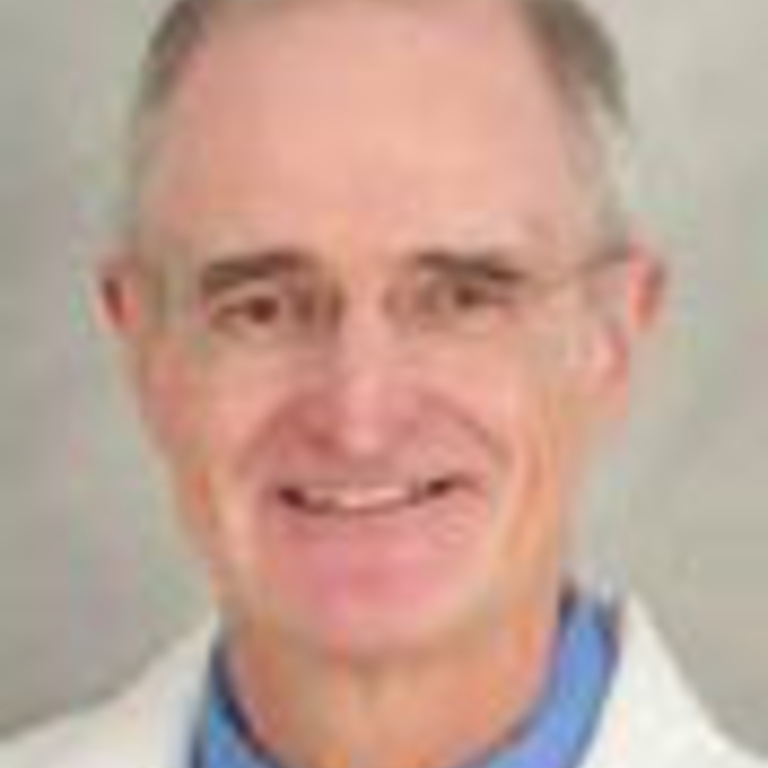Richard J. Smith, MD
Genetic hearing loss and complement-mediated renal diseases
My laboratory is studying the genetic basis of deafness and membranoproliferative glomerulonephritis type 2 (MPGN 2). Hereditary deafness is common. It affects 1:2,000 newborns and accounts for greater than 50% of severe-to-profound childhood deafness. It also affects the elderly. Nearly 50% of octogenarians have difficulty communicating without the use of amplification, and in many, the cause is genetic. Inherited hearing impairment can occur with other co-inherited clinical features to form a recognized phenotype (syndromic hearing loss) or appear in isolation (non-syndromic hearing loss). Non-syndromic hearing loss accounts for approximately 70% of genetic deafness. It is almost exclusively monogenic and is highly heterogeneous, with some estimates of the number of deafness-causing genes exceeding 100. We are studying both syndromic and non-syndromic types of deafness. Projects include gene localization by linkage analysis and homozygosity mapping, mutation screening and detection, a variety of functional studies, and hearing-related research on mouse mutants targeting specific genes by RNAi. Membranoproliferative glomerulonephritis type 2 is also called Dense Deposit Disease (MPGN II/DDD). It causes chronic renal dysfunction that leads to kidney failure and a retinal disease similar to age-related macular degeneration, which is the most common cause of blindness in the elderly. Deficiency of and mutations in complement Factor H (CFH) are associated with development of MPGN II/DDD. Changes in CFH are also associated with another renal disease, atypical hemolytic uremic syndrome, and with age-related macular degeneration. We are studying relationships between the alternative pathway of the complement cascade, the structure of the glomerular basement membrane, and MPGN II/DDD to better understanding the pathophysiology of this disease.
- Gene Expression
- Transcription and Regulatory Networks
- Gene Therapy
- Human Genetics
